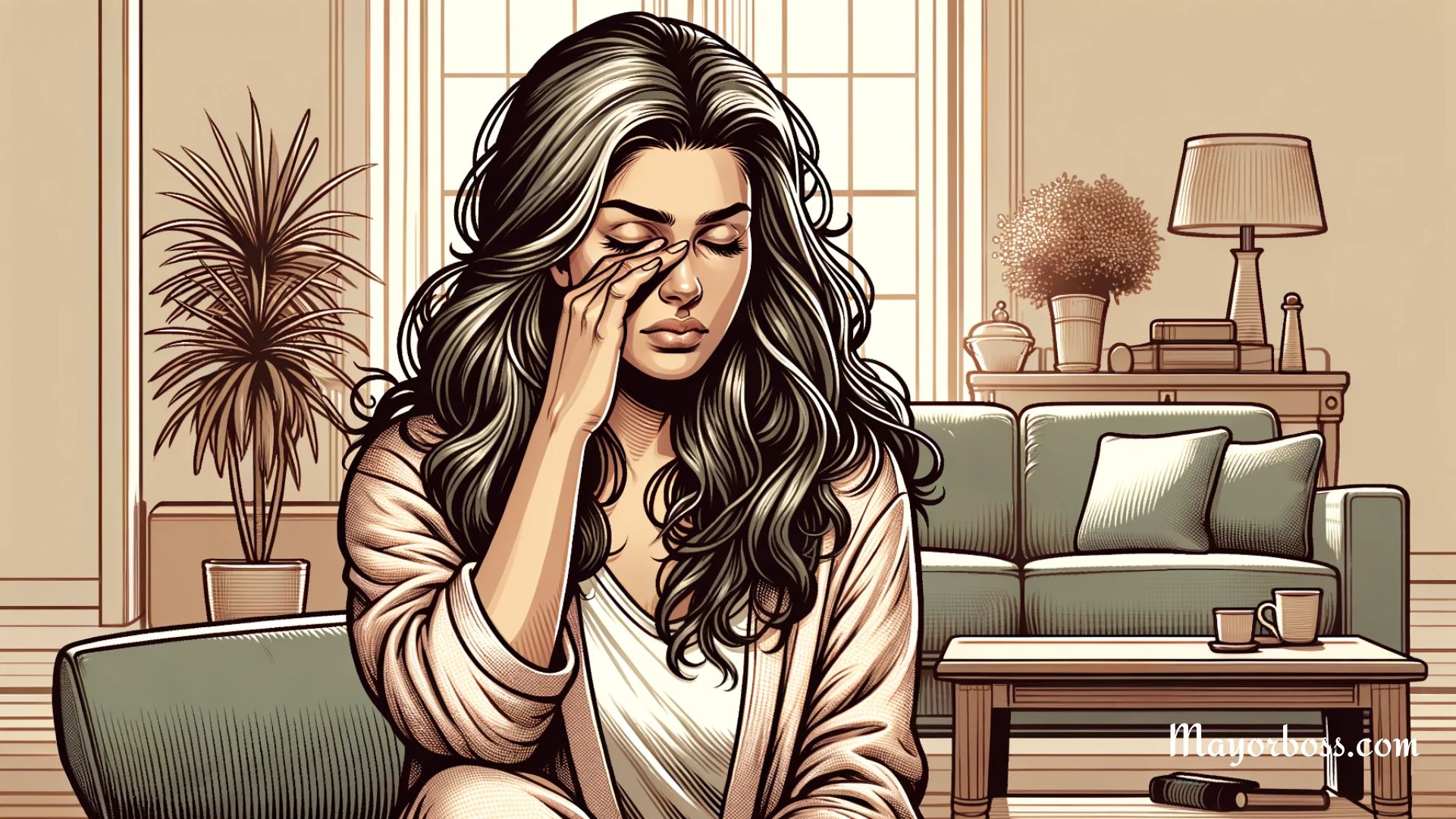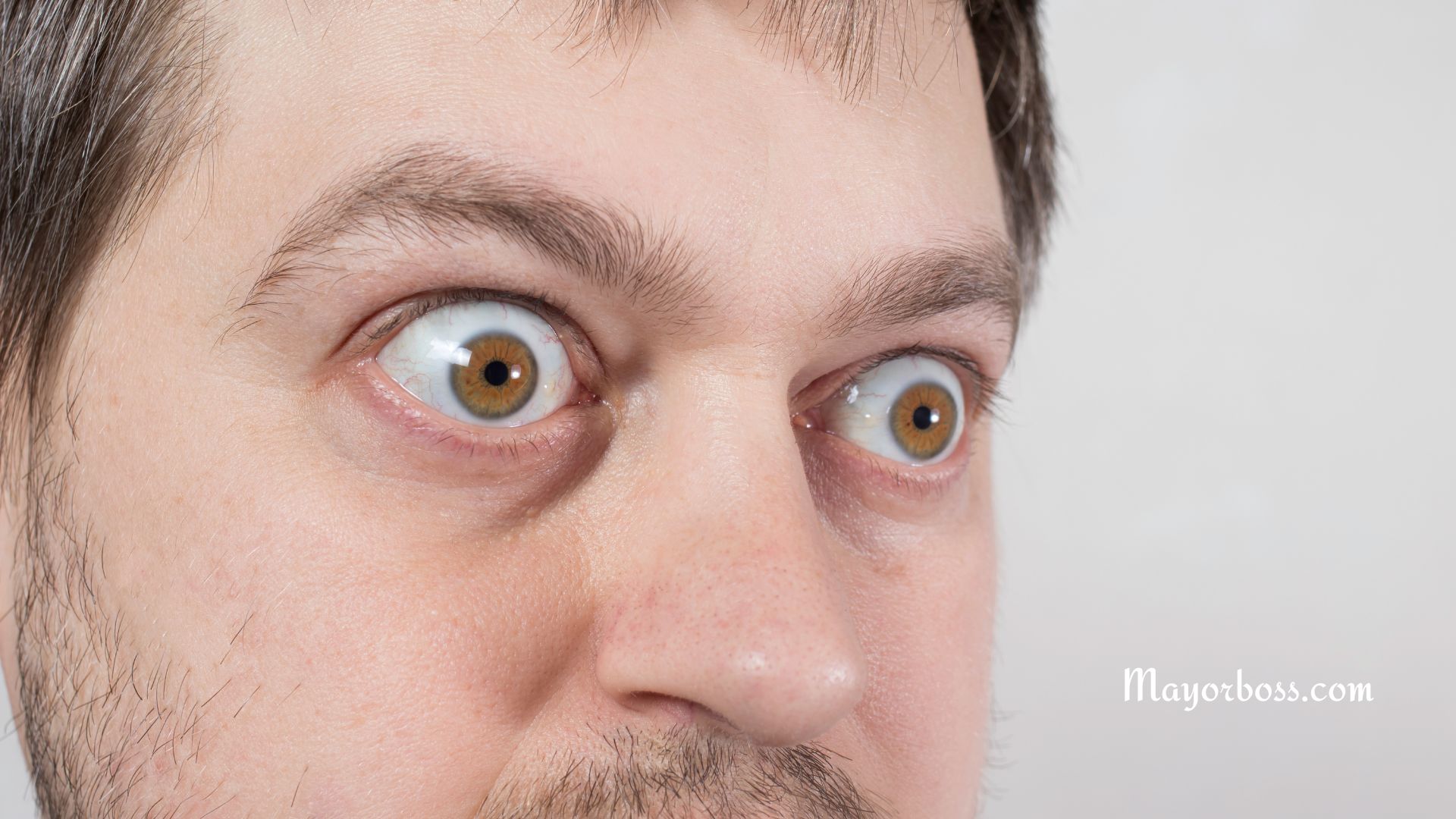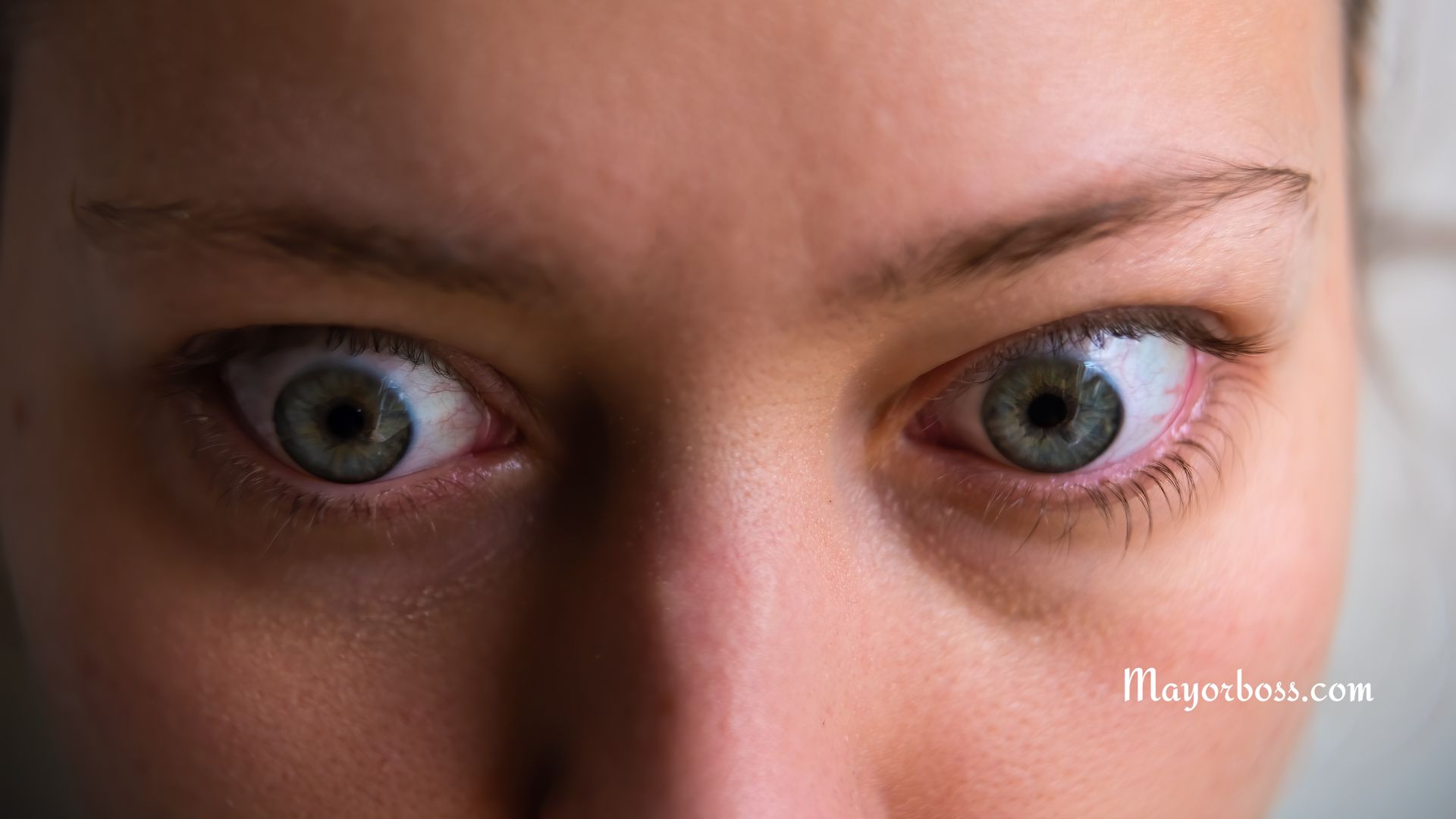Why Is Your Vision Blurry?
Why is your vision blurry? Blurry vision can catch you off guard. Whether it’s a fuzzy scene when you’re reading or a haze when you’re driving, the causes can range from simple eye strain to more serious issues like cataracts. Other common reasons include nearsightedness, farsightedness, and even dry eyes. However, in some cases, it might be a warning sign of more serious conditions like glaucoma, diabetes, or a neurological disorder. Let’s explore these causes in detail.

Are You Tired or Strained?
Eye Fatigue
If you’ve been staring at a screen for a long time, your eyes might be begging for a break. This kind of eye strain is temporary. All you need to do is rest your eyes. A popular way to do this is the 20-20-20 rule: after every 20 minutes, look at something 20 feet away for 20 seconds.
Lack of Sleep
Inadequate sleep doesn’t only make you feel tired, but it can also affect your vision. If you’re not getting enough sleep, your eyes can get dry and irritated, causing blurry vision. Try catching up on sleep and see if the blurriness goes away.
Could It Be Your Glasses?
Wrong Prescription
If your vision is still blurry despite wearing glasses, there’s a chance your prescription might be incorrect. In people with wrong prescriptions, symptoms can include headaches and eye strain along with blurry vision. If this is the case, consult an eye doctor for a new prescription.
Scratched or Dirty Lenses
Sometimes, the problem isn’t your eyes but the lenses in front of them. Scratches or smudges on your lenses can distort your vision. Cleaning your glasses with a lens cleaner can make a world of difference.
Medical Conditions to Consider
Nearsightedness and Farsightedness
These are the usual suspects when it comes to vision problems. Nearsighted people struggle to see distant objects clearly, whereas farsighted people find it hard to focus on things up close. Both conditions can easily be corrected with the right prescription glasses or contact lenses.
Dry Eyes
When your eyes don’t produce enough tears, they can’t maintain a clear, focused vision. Dry eyes are particularly common in older adults. Artificial tears can offer temporary relief.
Cataracts
Especially prevalent in older individuals, cataracts can cause your vision to appear cloudy or blurry. They develop slowly and may require surgical intervention for complete treatment.
Diabetes
High blood sugar levels can affect the small blood vessels in your eyes, ultimately causing blurry vision. Consistent blurry vision can be an early warning sign of diabetes.
High Blood Pressure
Consistently high blood pressure can also harm the blood vessels in your retina, affecting your vision. Medication and lifestyle changes are usually required to manage high blood pressure and its effects on your eyes.
Neurological Disorders
In rare cases, blurry vision could be an early sign of a neurological disorder such as multiple sclerosis or a brain tumor. If you experience sudden and persistent changes in vision, consult a healthcare provider right away.
Glaucoma
Increased pressure within your eye can damage the optic nerve. This situation is a hallmark of glaucoma, which is a serious eye condition that requires immediate medical attention.
Medications That Affect Vision
Some medications come with a side effect of blurry vision. Examples of such medications include antihistamines and some types of antidepressants. If you recently started a new medication and notice your vision getting blurry, it might be worthwhile to consult your healthcare provider.
Temporary Factors
Allergies
Allergies can make your eyes red, itchy, and, yes, blurry. Over-the-counter antihistamine eye drops could provide relief.
Environmental Factors
Sometimes, it’s as simple as being in a smoky room or a windy environment. Your eyes can react to the particles in the air, making your vision temporarily blurry.
Pregnancy-Related Causes
Preeclampsia
In some pregnant women, high blood pressure can lead to a condition known as preeclampsia. One of the symptoms is blurred vision, and it’s essential to consult a healthcare provider if you experience this during pregnancy.
How Can You Fix It?
Lifestyle Changes
For mild cases, lifestyle modifications like reducing screen time and staying hydrated can improve your vision. Also, don’t forget to blink regularly when you’re focused on something.
Medical Treatments
Examples of medical treatments include corrective lenses for refractive errors and surgery for cataracts. Medications can also help control conditions like glaucoma.
When Should You See a Doctor?
If you notice sudden, unexplained changes in your vision, it’s crucial to seek medical help immediately. Likewise, if your blurred vision is accompanied by other symptoms like severe headaches or chest pain, don’t wait. Immediate medical attention is required.
Regular Check-ups
According to the American Optometric Association, adults aged 18 to 65 should have an eye exam at least every two years. Frequent check-ups can catch conditions early, making them easier to treat.
So, if you’re dealing with blurry vision, don’t ignore it. Whether it’s a minor inconvenience or a sign of something more serious, it’s crucial to pay attention to what your eyes are telling you.
Frequently Asked Questions
Why Do My Eyes Get Blurry When I’m Tired?
When you’re tired, the muscles in your eyes can get fatigued, just like any other muscle in your body. This can make focusing difficult, leading to temporary blurry vision. Lack of sleep can also dry out your eyes, contributing to the blurriness. Resting your eyes and catching up on sleep usually helps.
Can My Diet Affect My Vision?
Yes, your diet can have an impact on your eye health. Nutrients like vitamin C, vitamin E, and zinc play a role in maintaining eye function. Foods rich in these nutrients, such as oranges, almonds, and legumes, can support eye health. On the flip side, a diet high in sugar and fats can elevate blood sugar levels, which can impair your vision over time.
Further Reading: 7 Foods That Are Good For Your Eyesight
Is Blurry Vision a Sign of Aging?
While it’s true that your vision can change as you age, blurry vision is not an inevitable part of getting older. Conditions like cataracts and dry eyes are more common in older adults and can cause blurry vision. However, these conditions are treatable. If you’re concerned about changes in your vision, consult an eye doctor for an evaluation.
What Should I Do If My Vision Suddenly Becomes Blurry?
If your vision changes suddenly, it’s essential to consult an eye doctor as soon as possible. Sudden blurry vision could be a sign of a serious issue like a detached retina, which requires immediate medical attention. In some cases, sudden vision changes can also indicate a stroke or other life-threatening conditions.
Can Exercise Improve My Vision?
While exercise won’t directly sharpen your vision, it can improve overall eye health. Physical activity increases blood circulation, which benefits the tiny blood vessels in the eyes. Exercise can also help manage conditions like diabetes, which can have long-term effects on your vision.






